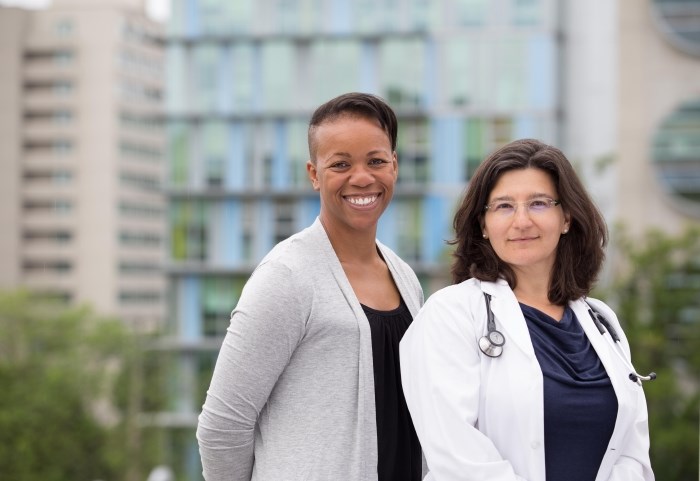What does cancer DNA have in common with a famous Second World War military code? They’re both mind-bending in complexity. During the war, a group of mathematicians in Britain were charged with cracking Germany’s Enigma code machine. Initially, the task appeared impossible.
The cipher used by Germany had more than a trillion permutations. With paper and pencil, it would take experts something like 20 million years to break one message.
The solution was one of the world’s first computers, a primitive machine by today’s standards, but capable of deciphering messages in real time. The story of this computer (and its principal inventor, Alan Turing), was dramatized in the movie The Imitation Game.
Now scientists at the B.C. Cancer Agency have taken on a similar challenge. They plan to decipher the genetic code for every class of cancer, along with the complete DNA sequence for a sample of 700 patients. Nothing like this has been attempted before, anywhere.
The sheer scope of the project is staggering. For each patient, and just one cancer tumour, the team must decipher a code roughly half a trillion data points long.
But there are more than 100 different forms of cancer, and some might have several variants, each with its own DNA sequence.
The answer, of course, is automation. Ten machines run almost constantly to sequence the DNA. Then a super computer with the power of 3,000 desktops interprets the raw data.
Finally, a staff of 300 sift through the results. What they’re looking for are clues to how individual tumours develop, and what interventions might arrest the process. Most cancers evolve through several stages, and most specialty anti-cancer drugs are aimed at the last stage — when the tumour has already formed. But once the entire sequence of development is mapped, it should be possible to intervene at an earlier point.
Only patients with Stage 4 cancer are accepted into the trial. These are the most advanced tumours, which have already spread widely throughout the body.
Even so, the team has already scored some successes. Several patients are in remission.
And the power of this approach can be seen in the way some early gains have been made. Medications that aren’t designed to fight cancer have been found to work for some tumours.
One patient with colorectal cancer was treated with a drug that reduces high blood pressure. The result was “a dramatic and durable response.” Another patient benefited from medication used to treat diabetes.
The ultimate hope is that pharmaceutical companies can design new medications based on knowledge of the insights gained by the team.
Some cautions are needed. The program is primarily an experimental research project, though patients will be treated.
And the criteria for admission to the study are very strict, meaning most patients wouldn’t qualify. This is not an open trial that anyone can take part in.
There are also severe limits on how many patients can be accepted, due to resource limitations — much of the funding comes from charitable donations. Anyone who would like to support the project can do so online at bccancerfoundation.com.
But this is the future of cancer treatment, and the B.C. Cancer Agency is leading the way. By common consent, it has the most advanced equipment and the most sophisticated approach of any facility, worldwide. It also has two highly regarded leaders in Dr. Janessa Laskin and Dr. Marco Marra.
Results are not weeks and months away, but nor are they decades away. There is reason to hope that once this work is done, the emperor of all maladies, as cancer has been called, will finally be vulnerable.
----
Dr. Janessa Laskin and her patients are the subject of a new CBC The Nature of Things documentary, Cracking Cancer. It follows a group of patients, all with incurable cancer, through the experimental POG clinical trial at the B.C. Cancer Agency in Vancouver. For more information about the documentary or to stream it online, click here.



